
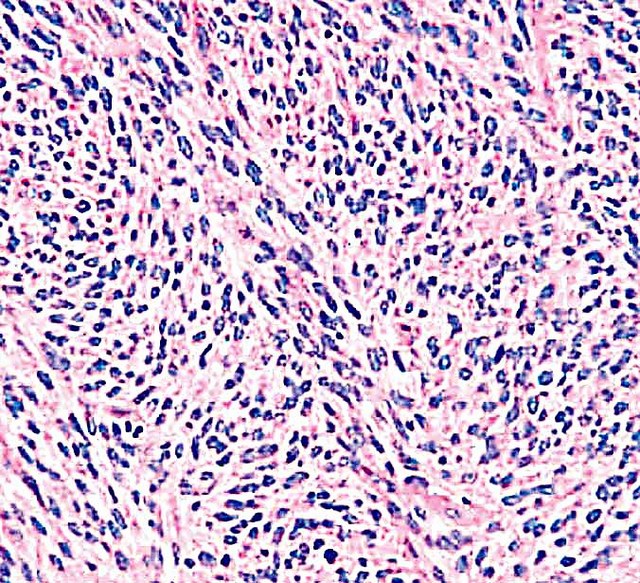
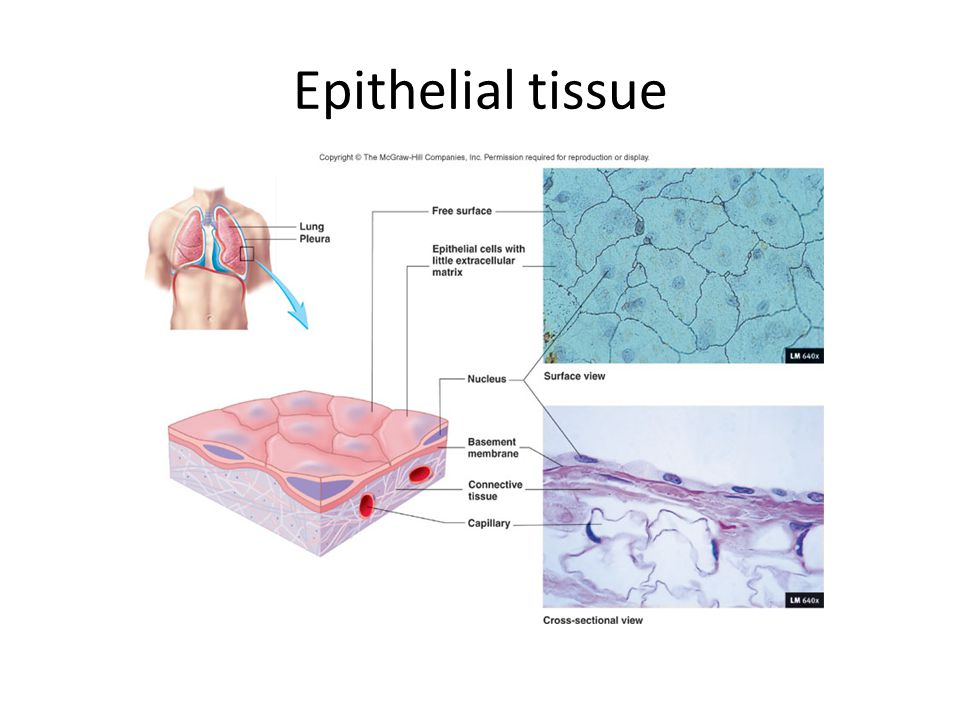
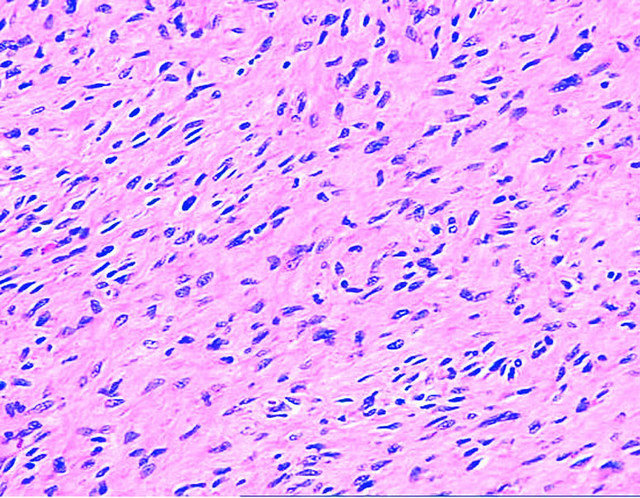
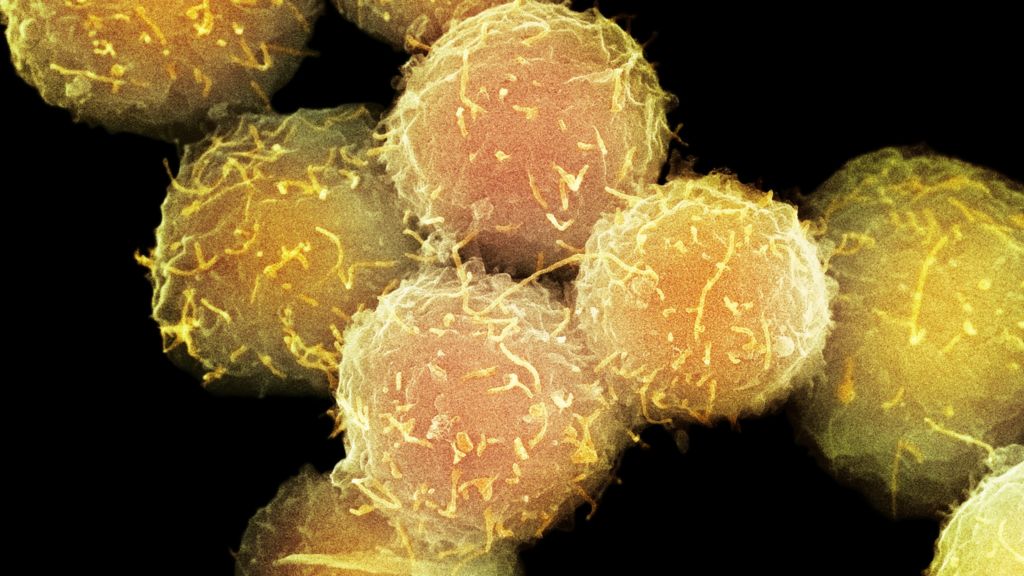
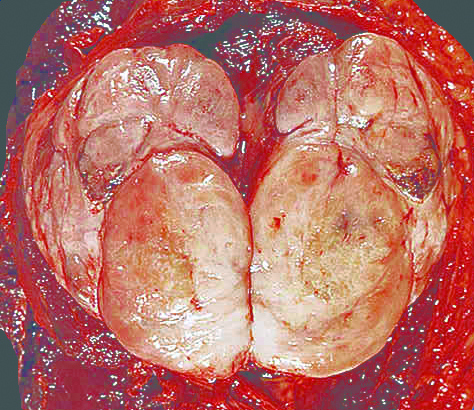
If you have a soft tissue sarcoma or are close to someone who does, knowing what to expect can help you cope. Here you can find out all about soft tissue sarcomas in adults, including risk factors, symptoms, how they’re found, and how they’re treated. Learn about the risk factors for soft tissue
Click on the below links for more information: Minimum Qualifications For An Adult Residential Care Home (ARCH) License. Assisted Living Facilities
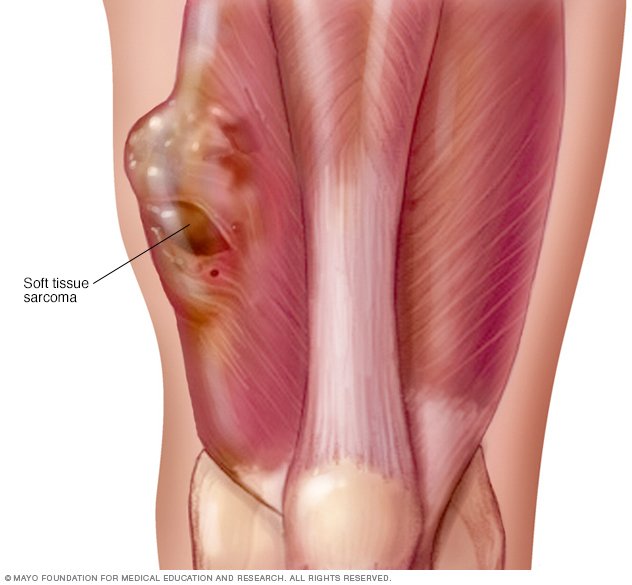
Adult stem cells (or Somatic Stem Cell): Stem cells that are harvested from tissues in an adult body. These cells are usually multipotent, meaning they can differentiate into cells from some, but not all, of the three germ layers.
Muscle tissue is a soft tissue, and is one of the four fundamental types of tissue present in s. There are three types of muscle tissue recognized in vertebrates:
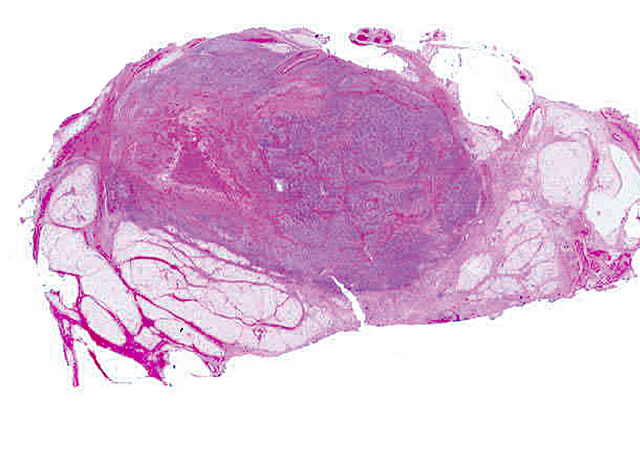
Apr 06, 2018 · Survival rates are often used by doctors as a standard way of discussing a person’s prognosis (outlook).

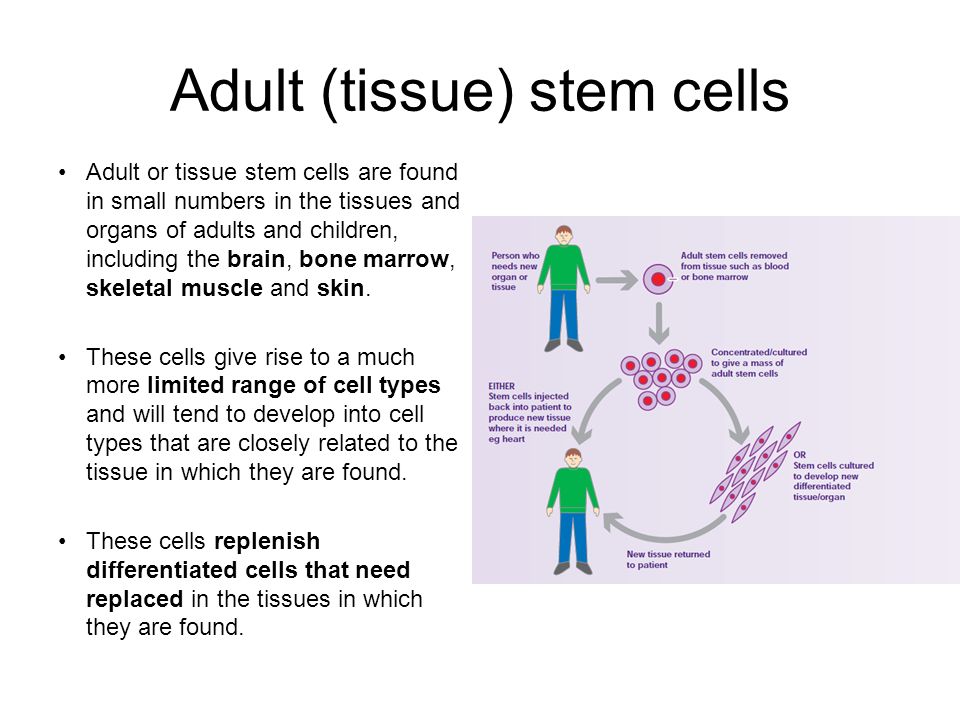
Location and classification. The presence of brown adipose tissue in adult humans was discovered during FDG-PET scans to detect metastatic cancers. Using these scans and data from human autopsies, several brown adipose tissue depots have been identified.
The 2018 Gordon Research Conference on Tissue Niches and Resident Stem Cells in Adult Epithelia will be held in Waterville Valley, NH. Apply today to reserve your spot.
Adult soft tissue sarcoma is a disease in which malignant (cancer) cells form in the soft tissues of the body. Having certain inherited disorders can increase the risk of adult soft tissue sarcoma. A sign of adult soft tissue sarcoma is a lump or swelling in soft tissue of the body. Adult soft
Soft tissue sarcomas (STS) arise in any of the extremities, trunk, retroperitoneum, or head and neck. Treatment is determined by the tumor grade and options include surgery, radiation therapy, and chemotherapy.
Background Obesity results from an imbalance between energy intake and expenditure. In rodents and newborn humans, brown adipose tissue helps regulate energy expenditure by thermogenesis mediated by the expression of uncoupling protein 1 (UCP1), but brown adipose tissue has been considered to have no physiologic relevance in adult humans.